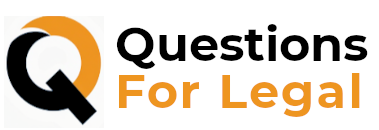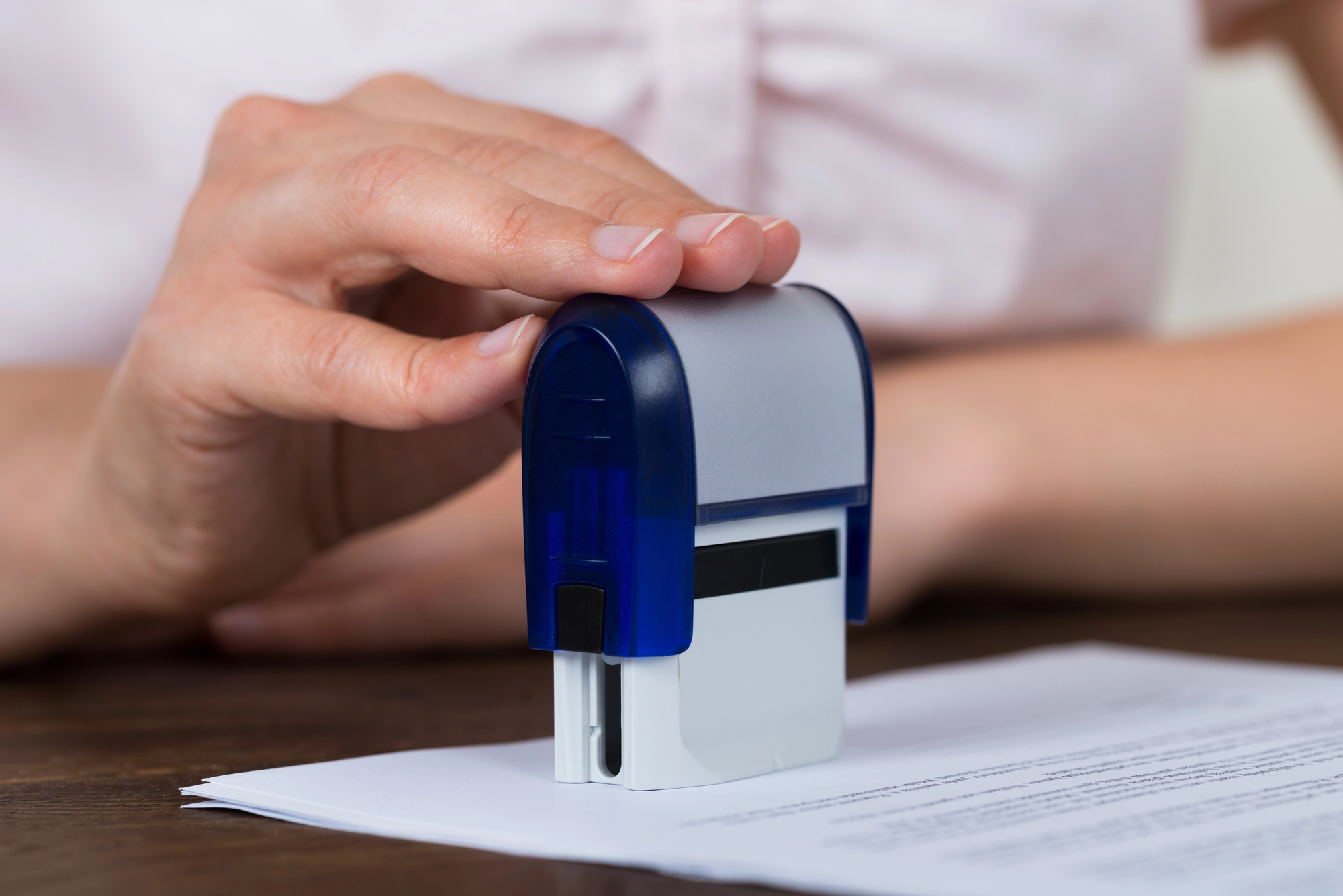Disclosure: Some of the links below are partnership links, where we may earn a commission at no extra cost to you if a purchase is made.
In the United States, notarization is essential in ensuring that important documents are both authentic and legally valid. A notary public serves as an unbiased witness, verifying the identity of signers, ensuring they are signing willingly, and deterring fraud. Many legal and financial documents require notarization for them to be valid, enforceable, or legally recognized by government agencies, courts, and other institutions.
While numerous types of documents may require notarization, five of the most common are affidavits, lease agreements, powers of attorney, deeds, and applications for the delivery of mail through an agent. This article explores these documents, their importance, and why notarization is necessary for each.
1. Affidavits
An affidavit is a written statement made under oath, sworn to be true, and signed before a notary public. It serves as evidence in legal proceedings, government applications, and business transactions. Affidavits are commonly used in court cases, financial matters, and official declarations.
Why Notarization is Required for Affidavits
Notarization ensures that the person signing the affidavit is who they claim to be and are voluntarily making the statement. A notary verifies the identity of the signer and administers an oath or affirmation before the affidavit is signed. This process adds credibility and legal weight to the document, making it admissible in court or other official proceedings.
Common Uses for Affidavits
- Legal Cases: Evidence in civil and criminal cases.
- Financial Transactions: Required for certain banking and estate-related matters.
- Personal Matters: Needed for name changes, residency verification, and other sworn statements.
Courts, government agencies, and financial institutions may not accept an affidavit without it being notarized. Notarization is essential for those who rely on sworn statements. Get your affidavit notarized online with Proof’s Notarize Network.
2. Lease Agreements
A lease agreement is a legally binding contract between a landlord and a tenant that outlines the terms of renting a property. While not all lease agreements require notarization, certain situations require it, particularly in long-term leases or when required by state laws.
Why Notarization is Required of Lease Agreements
Notarizing a lease agreement helps verify the identities of the parties involved. It can also prevent disputes by providing an additional layer of authentication. Some jurisdictions require notarization for leases that exceed a specific duration, such as leases lasting more than one year.
Common Uses for Notarized Lease Agreements
- Commercial Real Estate: Many business leases require notarization.
- Long-Term Residential Leases: Some states mandate notarization for leases over a specific duration.
- International or Remote Transactions: If the landlord or tenant is signing remotely, notarization helps confirm authenticity.
Notarization can add credibility to lease agreements even when not legally required. It can reduce the risk of fraud and disputes between landlords and tenants. You can notarize your Lease Agreement online with Proof’s Notarize Network
3. Power of Attorney (POA)
A power of attorney (POA) is a legal document that grants a person (the agent) the authority to act on behalf of someone else (the principal) in financial, legal, or medical matters. This document is critical for estate planning, business transactions, and personal affairs.
Why Notarization is Required for Power of Attorney
Because a POA gives significant authority to another person, notarization is required in most states to prevent fraud and ensure the principal is signing the document willingly and with full understanding. Some states also require additional witnesses or recording with a government office, particularly for durable and medical POAs.
Common Uses for Powers of Attorney
- Financial Management: Allows an agent to handle banking, real estate, and investments.
- Healthcare Decisions: Authorizes someone to make medical decisions if the principal is incapacitated.
- Business Transactions: Enables business owners to delegate authority in legal and financial matters.
Without notarization, a POA may not be recognized by banks, hospitals, or other institutions, potentially leading to delays or legal challenges. Notarized a POA online through Proof’s Notary network. They have notaries in all 50 states.
4. Deeds
A deed is a legal document that transfers ownership of real estate from one party to another. Deeds must be recorded with the county recorder’s office to be legally binding, and notarization is typically required to ensure authenticity.
Why Notarization is Required for Deeds
Notarization of a deed verifies the identities of the parties involved and ensures the transaction is legitimate. Since property ownership is a significant legal matter, notarization helps prevent fraud, forgery, and unauthorized transfers.
Common Types of Deeds That Require Notarization
- Warranty Deeds: Guarantee the property is free of liens or claims.
- Quitclaim Deeds: Transfer ownership without guarantees about the title.
- Grant Deeds: Provide limited assurances about property ownership.
Without notarization, a deed may not be recorded which could delay property transfers and potentially leading to legal disputes over ownership. Get your Deed notarized online with Proof’s Notarize Network.
5. Application for Delivery of Mail Through an Agent (USPS Form 1583)
An “Application for Delivery of Mail Through an Agent” (USPS Form 1583) is required by the U.S. Postal Service (USPS) when an individual or business wants to receive mail at a commercial mail receiving agency (CMRA) instead of a home or office address.
Why Notarization is Required For USPS Form 1583
Notarization ensures that the applicant is the legitimate owner of the mailbox and that the request is not being made fraudulently. This is especially important for businesses, remote workers, and individuals who use virtual mail services.
Common Uses for Notarized USPS Form 1583
- Virtual Mailbox Services: Required for services like UPS Store or private mail centers.
- Business Registrations: Businesses that use a CMRA must provide a notarized USPS Form 1583.
- Privacy Concerns: Individuals who prefer a separate mailing address from their home address.
Without notarization, mail forwarding and virtual mailbox services will not process applications, making it an essential requirement for anyone using these services. You can notarize USPS Form 1583 online with Proof’s Notarize Network.
Final Thoughts
Notarization serves as a critical safeguard for many important legal, financial, and business documents. Whether it’s an affidavit, lease agreement, power of attorney, deed, or mail delivery application, notarization ensures authenticity, prevents fraud, and provides legal protection.
For individuals and businesses, understanding which documents require notarization can prevent delays, legal issues, and potential disputes. While requirements may vary by state, it’s always best to check with a notary public or legal professional to ensure compliance with local laws.
By taking the extra step to notarize these essential documents, individuals and businesses can ensure their agreements and transactions are legally sound and enforceable.
Have a Document you need Notarized?
Get it notarized online 24/7, quickly and easily.

Meds is an attorney currently residing on the East Coast, where he practices law. While his primary focus lies in criminal law, he also has experience in family and personal injury law. His legal background enables him to navigate a variety of legal challenges and provide comprehensive assistance to his clients.





